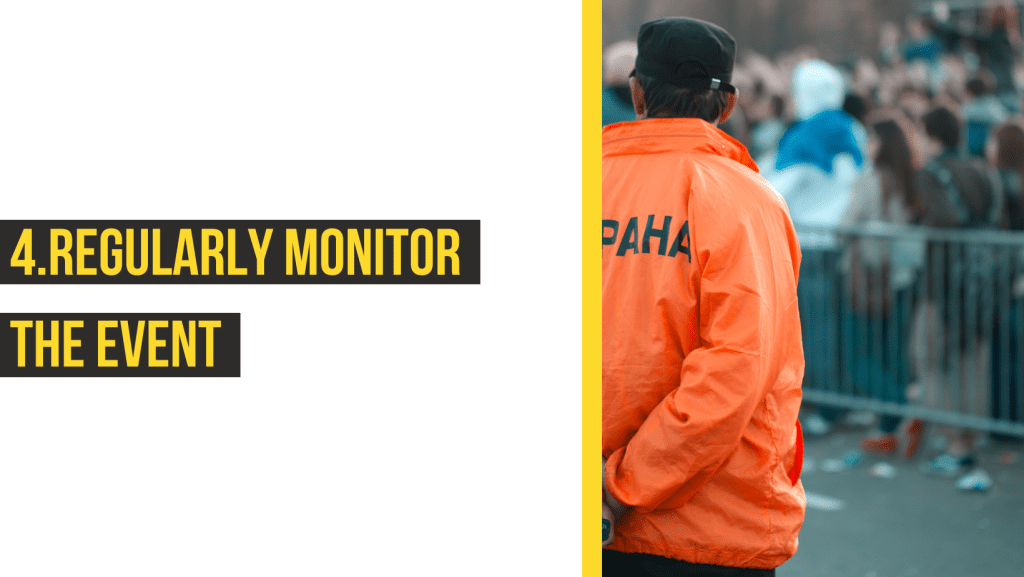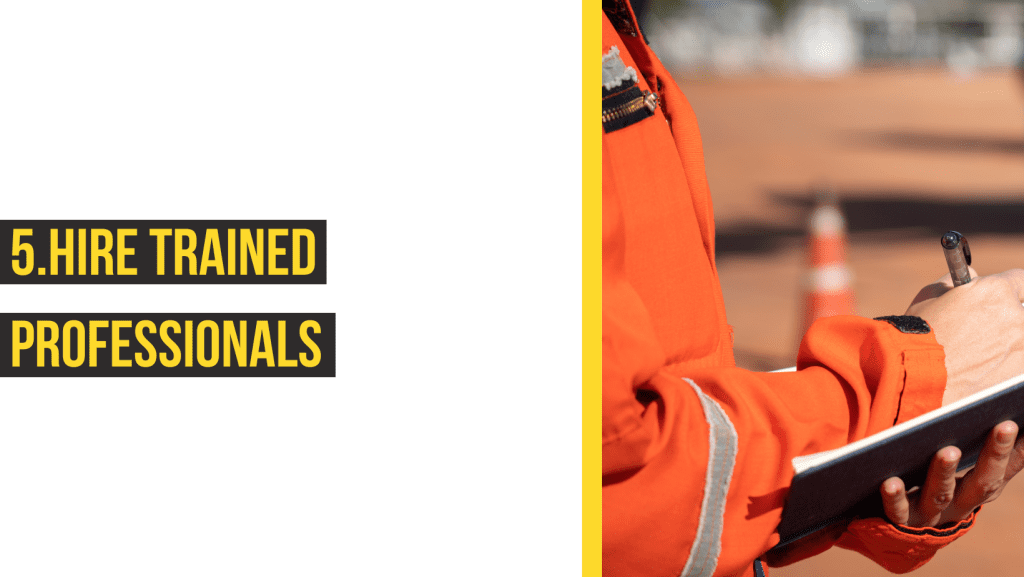Running an event is a difficult and complex process which is influenced by several factors. From planning to execution, teams of planners, caterers, suppliers, security, and many more, need to pull together to ensure the event runs smoothly. The ‘here today, gone tomorrow’ mindset in Event Management makes planning extremely time sensitive and there are often tight margins. The temporary nature of events – both in the workforce and physical structures – also contributes to the uniqueness of event planning.
Unfortunately, for these reasons, the safety of events can often be overlooked. However, from big festivals to small community fairs, concerts and conferences, safety should be at the forefront of all planning decisions. The last thing anyone wants is to put their attendees and staff at risk, but we have regrettably seen the consequences of poor event safety planning too many times.
The Consequences of Neglecting Event Safety
The consequences of neglecting event safety can be severe. In the worst-case scenario, it can lead to serious injuries or even fatalities. Not only is this devastating for those directly affected, but it can also have legal and financial repercussions for event organisers. Neglecting safety can result in lawsuits, large-scale fines, and a damaged reputation. Reduced levels of trust may impact the attendance of future events and deter potential sponsors and partners.
Tips for Creating a Safe Environment
Those tasked with organising events have an absolute ‘duty of care’ to everyone attending or working at their event. The recent passing of Martyn’s Law has seen even more responsibility placed on event organisers. As the current UK terror threat is ‘substantial’, legislation has been updated to place the requirement on event organisers to consider the threat of terrorism. Alongside this, event organisers must highlight any other risks and take all reasonable steps to prevent anyone getting harmed. Below, we have provided a few of our top tips.

1. Conduct a Health and Safety Risk Assessment
First and foremost, a Health and Safety Risk Assessment must be undertaken. A Risk Assessment will address any possible hazards and assess the extent of the risk associated. In the case of events, it is not sufficient to use a generic Risk Assessment. By creating standalone experiences, each event has its own set of unique risk factors which should be taken into consideration. This is an essential step in the planning process for any event, both big and small, and includes everything from weather conditions to crowd control.

2. Develop a Safety Plan
Once identified, these risks must be managed by creating and implementing a detailed Safety Plan that outlines how you will address these potential risks. A Safety Plan should include emergency procedures, communication plans, and a list of emergency contacts. This must follow any relevant legislation or industry standards and needs to be documented alongside the Risk Assessment.

3. Communicate the Plan
In order for a Safety Plan to be effective, staff and guests must be briefed on the safety measures in place. Staff must be aware of their role in emergency procedures and may need to be provided with Health and Safety Training; for instance, First Aid, Manual Handling, or Fire Safety Awareness Training. Attendees should be made aware of any safety procedures and emergency exits which can be done through signage, announcements, or flyers. In addition, event organisers may wish to consult with the police, fire and rescue service, and the ambulance service, depending on the size of the event.

4. Regularly Monitor the Event
Safety efforts do not stop after the planning stage has ended. During the event is a crucial time in which safety cannot be neglected. Event planners and their staff should keep a watchful eye out for any arising potential hazards and risks as this will allow you to address any issues promptly and prevent them from escalating.

5. Hire Trained Professionals
Event organisers may choose to hire trained professionals such as security personnel, medical staff, or Health and Safety Advisors. Managing event safety can be complex, time consuming, and bears a lot of responsibility. Small mistakes in managing an event’s safety can have big, and even fatal consequences.
Do you need a Health and Safety Advisor for your event? Here at PHSS, we’re the experts, so you don’t have to be.
Our competent and experienced Advisors can provide you with a Health and Safety Risk Assessment and create a Safety Action Plan for you to follow. We will be available to answer any questions you may have and provide advice for you and your team. Our Advisors want to work with you to ensure that we see your vision for the event and make it possible within health and safety requirements. Together, we can create the events you have dreamed of creating, without compromising the safety of your team and guests.
For more information, please call our team on 0141 471 6266, or email at info@projecthss.co.uk.













